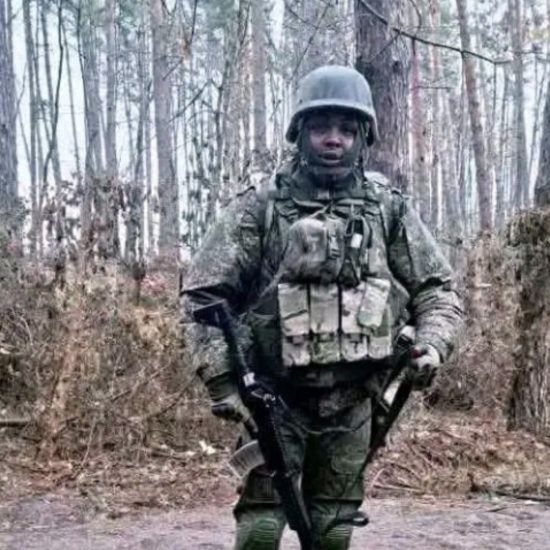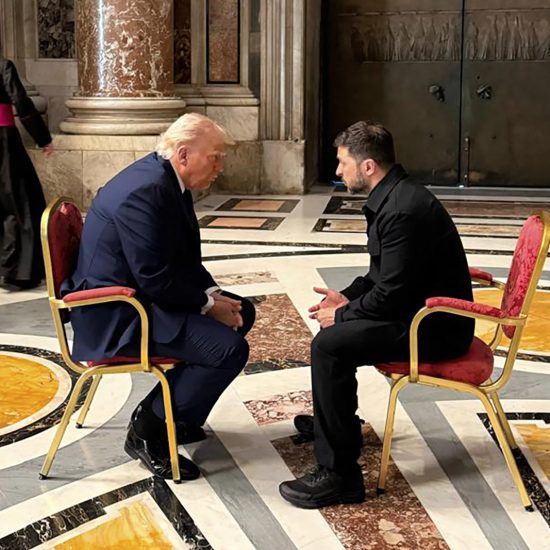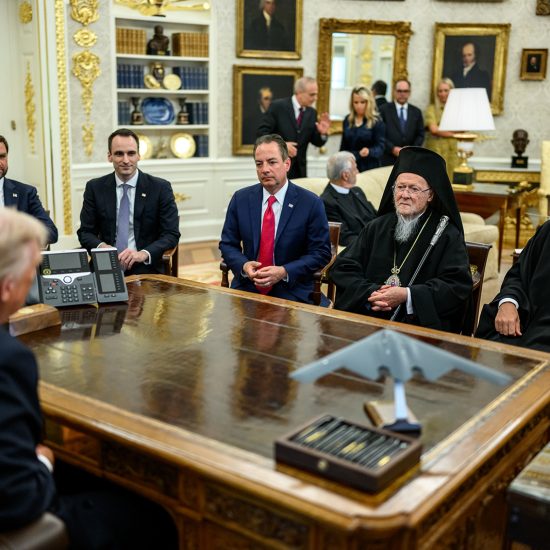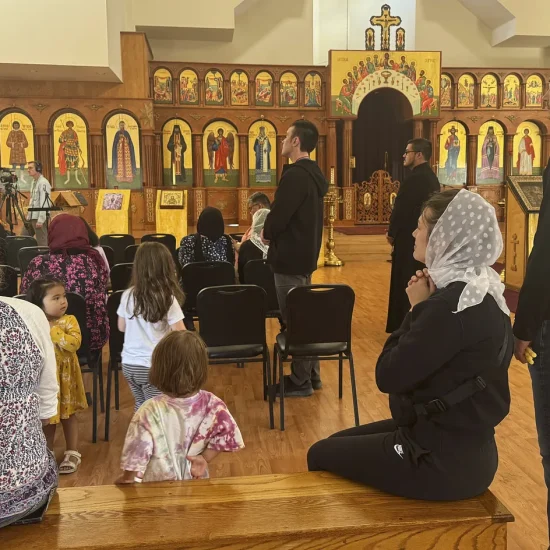Russian officials continue to expand the implementation of last year’s new law targeting missionary and evangelistic activities, including into the region of Crimea that Russia snatched from Ukraine in 2014. Analysis by Forum 18 also shows that during the first year of the law — which went into effect on July 20, 2016 after being signed by Russian President Vladimir Putin — officials used the law in 181 cases involving 129 individuals and 52 religious communities. These cases resulted in 133 convictions, 130 fines and the deportations of four foreigners. Two Baptists were among the first charged in the law’s first month and two dozen other cases later targeted Baptists.
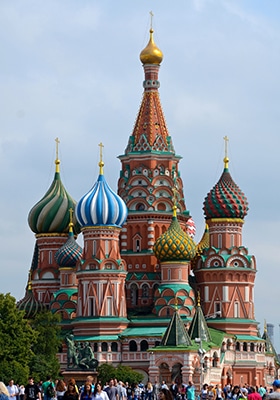 After Russia passed a law in 2016 targeting missionary and evangelistic activities, Forum 18 reports the law has been used in 181 cases in the past year.The law criminalizes sharing one’s faith outside an official house of worship. Local Christians are not always sure what activities could spark a complaint, especially since house churches are not always treated by officials as houses of worship. Local faith communities that operate unregistered — like Baptists and Seventh-day Adventists frequently do — are particularly at risk. Missionaries from other countries are particularly restricted, even being fined for activities within a church.
After Russia passed a law in 2016 targeting missionary and evangelistic activities, Forum 18 reports the law has been used in 181 cases in the past year.The law criminalizes sharing one’s faith outside an official house of worship. Local Christians are not always sure what activities could spark a complaint, especially since house churches are not always treated by officials as houses of worship. Local faith communities that operate unregistered — like Baptists and Seventh-day Adventists frequently do — are particularly at risk. Missionaries from other countries are particularly restricted, even being fined for activities within a church.
Fines for individuals ranged from 5,000 to 40,000 rubles, and fines for organizations ranged from 30,000 to 100,000 rubles. A fine of 40,000 rubles surpasses the average monthly salary in Russia. In eleven cases, religious literature was also seized — and in three cases, judges illegally ordered the materials destroyed.
During the first year of the law, 26 Baptist individuals or communities found themselves charged. Only Pentecostals (with 57 cases) and Jehovah’s Witnesses (with 41 cases) saw more prosecutions. No one charged is associated with the Russian Orthodox Church, the dominant religious denomination in the nation that backed the law when proposed and that maintains close ties to Putin.
Thirteen of the cases came in Crimea, territory that the United Nations still recognizes as rightly Ukrainian even though it has been under Russian control since March of 2014. The first case in Crimea targeted First Baptist Church in Simferopol, resulting in a fine of 50,000 rubles in December. In another case, a Baptist pastor faces charges after police raided a worship service in April.
Baptist leaders spoke out publicly against the law as Russian politicians considered it last year. Alexei Smirnov, chairman of the Russian Union of Evangelical Christians-Baptists, wrote a public appeal to Putin before the signing of the law. The RUECB includes more than 1,800 churches with more than 76,000 members. Smirnov argued the “bill will affect the basic constitutional rights and freedoms of millions of believers of the Russian citizens, as well as the fact abolish one of the inalienable rights and freedoms — the freedom of religion.”
A key consequence of the law came as Russian officials this year outlawed Jehovah’s Witnesses and confiscated their property. Russian Baptist leaders condemned such moves. Vitaly Vlasenko, former director of external church relations for the RUECB told Portal-Credo (a Russian religious news outlet) that governmental actions against Jehovah’s Witnesses is “a very irrational and dangerous step” and showed “the state is interfering in the life of a religious organization.”
“The Russian constitution guarantees to each person free confession of their faith,” Vlasenko explained. “And nothing is said there about just what kind of faith: correct or incorrect. Therefore, such a precedent is very frightening and raises the question: who is next?”
“In other words, the Ministry of Justice began to divide religious people into desirable and undesirable or into correct believers and incorrect believers,” he added. “What will prevent these same bureaucrats tomorrow from condemning, for example, Evangelical Christians- Baptists, Old Believers [Russian Orthodox believers who rejected official reforms in the mid-1600s and thus broke away] or Catholics? I consider such an approach to be radically incorrect.”
Yuri Sipko, former president of the RUECB, told Portal-Credo that the actions against Jehovah’s Witnesses represented “the loss of common sense by people of the government” and meant “the government declared war on believing people.”
“It is bitter to realize that the people of the government, who are called to observe and defend justice and law, create lawlessness, denying the most vital rights of citizens of Russia,” Spiko argued. “Deputies and judges, mayors and ministers, as I have frequently heard with my own ears, lie publicly, without even blushing, and sell their honor for nothing. Depravity and permissiveness, in the absence of restraining forces, spill out the lowest passions. Such trends give evidence of the profound moral disintegration of the ruling elite.”
“In pursuing and demeaning people, the government contributes to the destruction of the country,” he added. “Pressure on religious organizations derives from animal fear living in the heart of people who commit lawlessness. This is the spiritual damage of power.”

